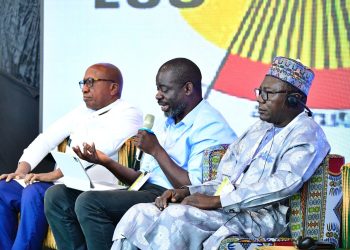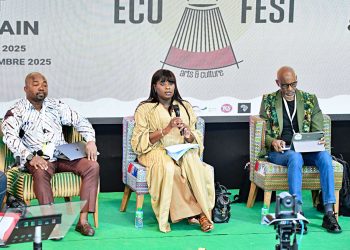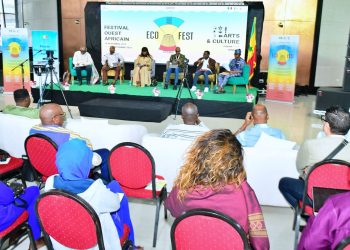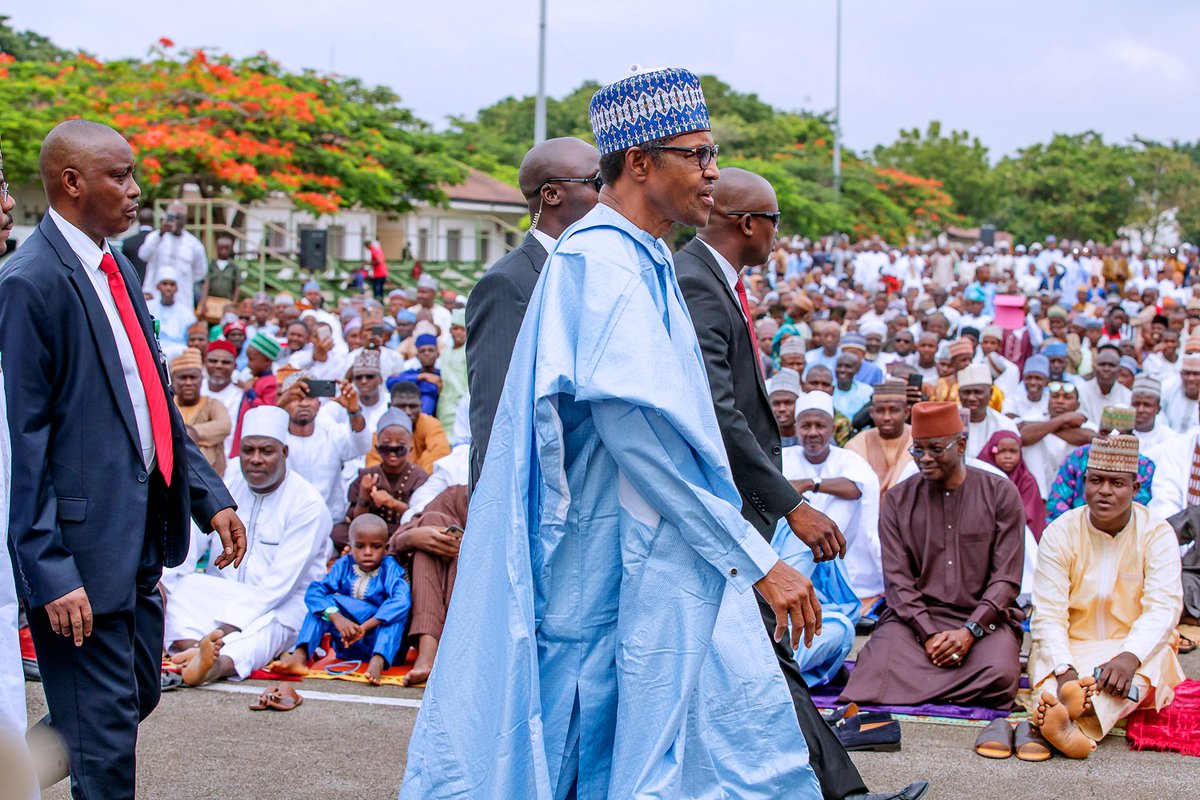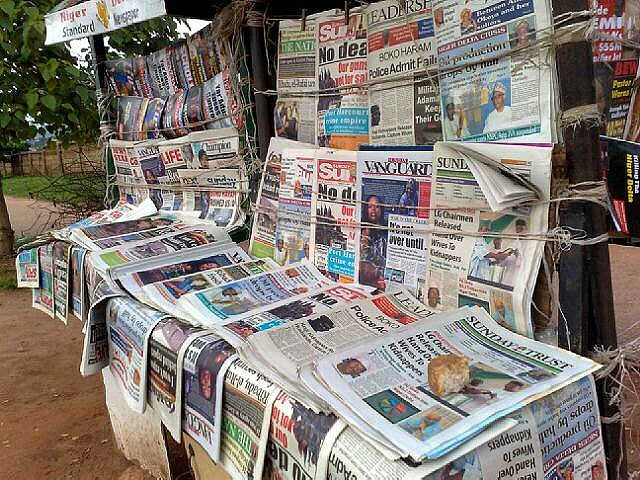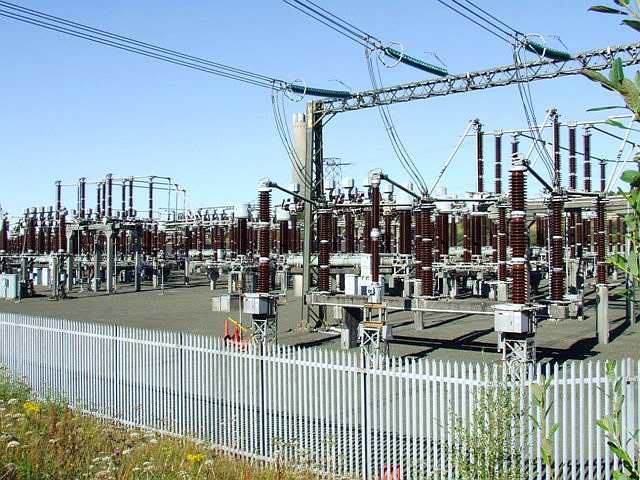
Nigeria has been thrown into complete darkness following the nationwide strike embarked upon by workers in electricity companies, holding back about 5,000 megawatts of electricity.
The strike has added to the woes and threatening the gain made so in epileptic electricity sector. The current output of 5,000 megawatts is a drop in the ocean in a country craving for a minimum of 40,000 megawatts.
The inability of the country to generate and distribute the required quantity of electricity had persistently been a sour in inhibiting industrial growth and hampering operations of cottage and small scale firms.
In spite of the current sorry situation, workers of Generating Companies (GENCOs) and Distribution Companies (DISCOs) embarked on a low key strike on December 10, 2019 but became intense and full on Thursday.
The strike started at the expiration of a 21-day notice given by National Union of Electricity Employees (NUEE).
The blackout across the country also affected Federal Capital Territory (FCT) and Abuja, homes, offices, hospitals, schools and the industrial sector.
The workers also shut down the office of the Federal Ministry of Power in Abuja, refusing the Minister of Power, Mr Saleh Mamman, to gain access into his office.
The National Control Centre (NCC) in Oshobo which is responsible for all transmission to national grid operations, monitoring and control of the transmission network is also shut.
Mr Joe Ajaero, the General Secretary of NUEE, told 7dnews in a telephone interview that power had dropped across the nation and would continue unless the government responds the demands of the workers.
They are unhappy over the non-payment of severance packages to workers that were sacked when Power Holding Company of Nigeria (PHCN) was unbundled in 2013.
PHCN was split into Generating Companies (GENCOs), Distribution Companies (DISCOs) which were sold to investors across the six geo-graphical regions for efficiency.
Aside not paying severance pay, some of the companies have refused unionisation of workers and some are paying half salaries.
”We are open to dialogue and as I speak to you, we have been invited to a meeting with the minister of state for Power,” Ajaero said.
Chairman, NUEE, Federal Capital Territory chapter, Godfrey Aba, said: “We have a lot of issues. One, over 50, 000 of disengaged PHCN employees that were short paid, up till now have not been addressed.
“As I speak to you, some Generating Companies (GENCOs) have refused unionisation. Some of the GENCOs have prevented union officials from entering their premises. Many Distribution Companies (DISCOs) are paying half salaries.
“Some of the DISCOs are not remitting the pension of their workers. Some DISCOs as I speak to you, have no condition of service. We cannot continue to operate like that.’’
Meanwhile the House of Representatives has summoned the Minister of Power, Mr Saleh Mamman and his Labour and Employment counterpart, Dr Chris Ngige and also National Union of Electricity Employees (NUEE) and other stakeholders.
The Minister of Power has also invited the NUEE leadership to a meeting on Thursday.
The electricity companies had on Wednesday issued a notice, begging consumers to bear the inconveniences of caused by the strike.
As the strike bites harder, the Nigeria Employers’ Consultative Association (NECA), has called for caution because electricity was the bedrock of national development.
The Director-General of NECA, Dr. Timothy Olawale, said: “The challenges faced by operators in the sector are there for all to see. Therefore, it is expected that all hands should be on deck to support investors to surmount these challenges for the good of our nation.’’



